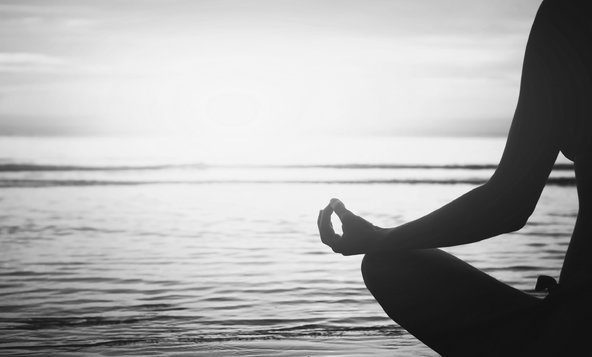From respected academics to revered specialist practitioners, Mindfulness (as a regular practice) is widely accepted as a practical and realistic stress reduction technique. In many countries medical schemes are willing to cover Mindfulness Based Stress Reduction (MBSR) programs accepting the growing body of evidence supporting it’s efficacy. Still in early days in it’s application to addiction recovery, Mindfulness Based Relapse Prevention (MBRP) has been pioneered at the Addictive Behaviors Research Center at the University of Washington. MBRP, largely inspired by and, based on the research of Dr. Alan Marlatt PhD who was the Director of the Center and Professor of Psychology at the University of Washington in Seattle for over 30 years. Marlatt’s research and clinical work was in the field of addictive behaviors, he published over 200 journal articles and book chapters, as well as several well received books in the addictions field.
The clinical and research MBRP team which originated under the mentorship of Marlatt, includes researchers and clinicians from UW, Drs. Sarah Bowen, Neha Chawla, Katie Witkiewitz, and Joel Grow, whose work continues to lead the field.
Similar to Mindfulness-Based Cognitive Therapy for depression, MBRP is designed as an aftercare program integrating mindfulness practices and principles with cognitive-behavioral relapse prevention, it is of great value to individuals who have undergone initial addiction treatment, or enjoy a sustained period of Recovery wishing to maintain treatment gains whilst developing a recovery lifestyle devoted to their personal well-being and growth.
The Washington team’s description of the primary goals of MBRP are:
- Develop awareness of personal triggers and habitual reactions, and learn ways to create a pause in this seemingly automatic process.
- Change our relationship to discomfort, learning to recognize challenging emotional and physical experiences and responding to them in skillful ways.
- Foster a nonjudgmental, compassionate approach toward ourselves and our experiences.
- Build a lifestyle that supports both mindfulness practice and recovery.
This approach is being adopted all over the world. You can find our own Online Recovery Academy course, Mindfulness In Recovery here.
[maxbutton id=”1″]

